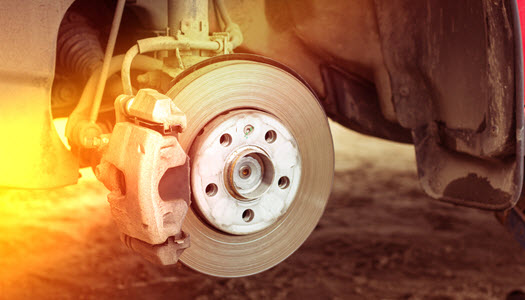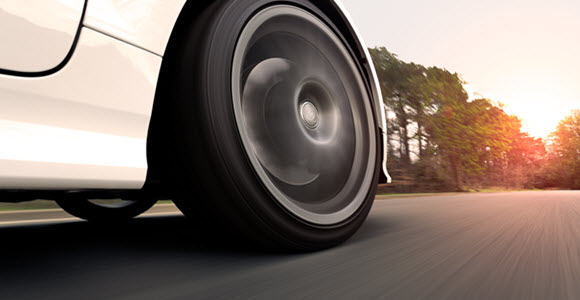What Does the Brake Booster Do For Your Car?
Posted on | 23 Sep 2018 By Anita Gaal
The brakes are essential pieces of your car’s overall performance. Not to mention, they are also reliable sources of safety during times of potential risk. Because of their important function, companies are constantly striving to improve how the brakes work to encourage safety. The brake booster is one of the innovative inventions that help to enhance performance, safety the accessibility of the braking system.
What Does the Brake Booster Accomplish?
Brake systems were previously hard to power on their own. They needed a lot of attention and assistance in order to perform. In addition, they used high fluid pressures that made pressing down on the brake pedal difficult. Therefore, braking relied heavily on the strength of the driver. As the popularity of the automatic gear system grew, drivers sought comfort and convenience as a part of their driving experience.
The brake booster was developed to be an overall aid in your car’s convenience. It is shaped like a round disk, with a pump settled on two cylinders. The brake booster works to promote airflow into the booster. After pressing the brake pedal, this pressure moves your cylinder forward. As a result, your car is able to stop easier and more efficiently.
Thanks to the brake booster, the force needed for the brake pedal to work accurately is decreased. Without it, slowing your acceleration would take a lot of personal effort and work on your part. Therefore, the brake booster makes stopping and slowing down a much easier process, and as a result, much safer.
Symptoms Of A Bad Brake Booster
Since the brake booster plays a vital role in your car’s ability to perform, it is important to keep an eye on even the slightest of changes in your car’s behavior. Faulty or broken brake boosters can result in costly mechanical bills, or even compromise the longevity of your vehicle. Here are a few signs to look for when examining your brake booster:
1. Stalled Brake Pedal
If your brake pedal is stiff or seems stuck, likely you are likely experiencing underlying issues with your brake booster. If this happens, trying to stop or halt your car could become increasingly difficult, so try to get your vehicle to a trusted auto shop as soon as possible.
2. Spaced Apart Power Brakes
Electrical malfunctions can greatly impact the health of your brake booster. If you are experience intermittent braking periods, the pump that is connected to your brakes may stop working. In addition, braking may seem like more of a challenge with greater pressure being placed underneath the pedal. If this is the case, have your mechanic check out your booster vacuum pump as this may be a primary sign of a faulty brake booster.
3. Strange Car Stopping
Air bubbles found within the cylinder of your car can greatly impact the brake booster. In turn, it reduces the amount of pressure being applied to the brake. Therefore, the vehicle may begin taking longer distances to come to a complete stop. This could also be due to electrical or internal blockages stopping the brakes.
4. When More Force is Needed
When you notice that it takes you more physical force to press in the brake pedal to actually stop your car, you may be experiencing an issue with your brake boosters. Your car should not need aggressive or even weighty stomps to make it come to a complete stop. If you notice this extended amount of pressure, it may be time to get your brake system checked out.

How We Can Help
Routine maintenance is the primary way to avoid hefty damages done to your vehicle. Therefore, having a reliable and trustworthy group of auto specialists to work on your car is ideal. Our skilled service technicians at Euro Automotive have been serving the people of Dallas, Garland, Arlington, Fort Worth, TX for over 18 years.
Known as the number one shop for European cars, Euro Automotive can provide honest, reliable, and cost effective solutions to your vehicle issues. We understand how important the brake boosters of every vehicle are. We are dedicated to solving your car crisis and making you feel taken care of. If you are experiencing issues with your vehicle, don’t hesitate: schedule your consultation today!















